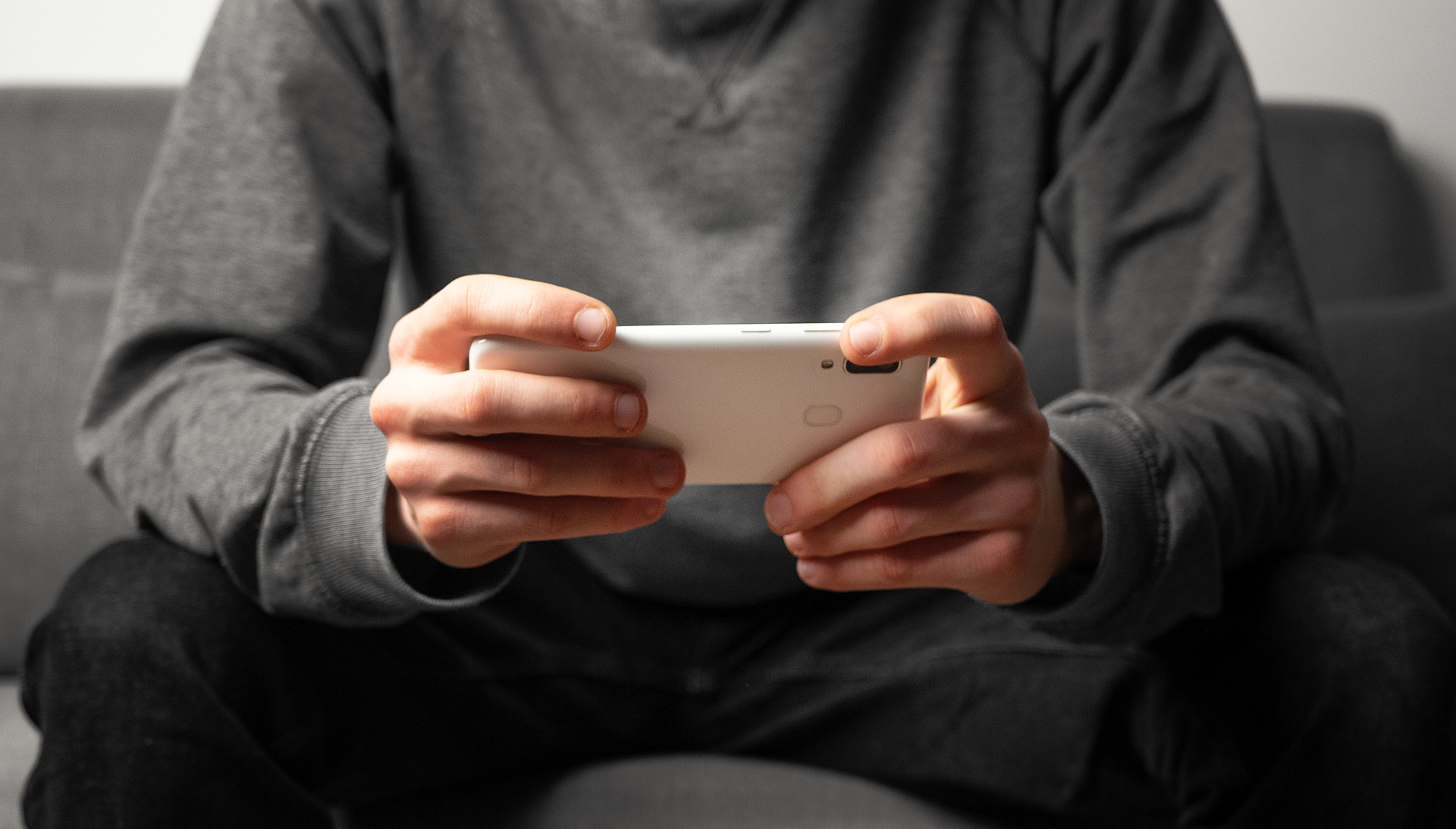Students, faculty uneasy with DeSantis’ proposed campus TikTok ban and media censorship

USF mass communications professors and students expressed concerns over the future of the media industry following a proposal by Gov. Ron DeSantis to have TikTok banned on college campuses.
DeSantis said that he would push for state congress members to block access to the social media app on public school and state university internet networks by creating a “digital bill of rights,” according to a Feb. 15 press conference. The proposal might not be limited to just Tiktok, but also other apps from “foreign countries of concern,” according to a news release from DeSantis’ administration.
Among protecting Floridians’ privacy, the governor’s proposal would protect minors from online harm and would eliminate unfair censorship, according to the news release.
Similar restrictions have already been put in place on state-owned equipment by the governor’s administration.
Florida’s legislature is targeting any “China-linked apps” in fear of them tracking data of Floridians through their phones, according to DeSantis during a Feb. 15 press conference. He said the digital bill of rights is supposed to prevent devices or apps from “listening” to conversations and creating an algorithm or specific feed for that person that could potentially only show them one side of the story.
The governor also told the legislature on Feb. 9 that he wants them to implement a measure that would make it easier to sue the press for defamation, according to the Florida Government website.
Mass communications professor Wayne Garcia said that any form of media censorship and what is being proposed by the governor is dangerous. He said the press has long been protected by Times v. Sullivan, a 1964 Supreme Court case that ruled the right to publish all statements under a newspaper publication.
However, if the protections provided under Times v. Sullivan get revisited and changed by DeSantis, Garcia said then what gets shown through media will be controlled.
“It’s a really important fight for people to understand that no matter what you think about political bias or the mission or the role, it’s really indispensable to our democracy. Everything breaks down without information for people to base their decisions on as communities, as states and as a nation,” he said.
Sophomore mass communications major Olivia Driedman said TikTok stands as a popular platform for college-aged students. In fact, nearly 40% of college-aged students, or those composing Generation Z, opt to use TikTok to search for information over other media sites, according to a 2022 Google study.
She said that given its popularity and the ease of navigating alternative wifi sources to connect to TikTok, she doesn’t see how banning it on college campuses will make a change.
“Students can still access the app when they go home if they live off campus, and if they live on campus, they can use a VPN or just their phone data to use the app,” she said.
Other institutions including Auburn University, University of Georgia and the University of Texas have blocked TikTok on school-owned devices, campus networks or both, according to Bloomberg.
Earlier this year in January, the University of Florida sent out a universitywide email discouraging students from using TikTok and suggesting they remove it from their phones, according to the Tampa Bay Times. The university cited security concerns such as the possibility of data collection by foreign governments in the email.
Beginning Reporting professor Vidisha Priyanka said the proposal doesn’t make much sense, because it is already easy to sue the press, and anyone can do it already if they believe there is defamation or if confidential information was released.
“This is a huge infringement on the First Amendment rights of the people. A free press is extremely important; a free and courageous press,” Priyanka said.
Priyanka said she believes the approach the state government is taking is very traditional, not keeping in mind that Florida has lots of young people that want to move forward.
If the bill were to pass in the upcoming legislative session beginning March, Garcia said the community should not only fear its impact on college campuses, but the state of internet freedom nationwide.
“I think this is our canary in the coal mine. If the press goes down, democracy will not be far behind,” Garcia said.








